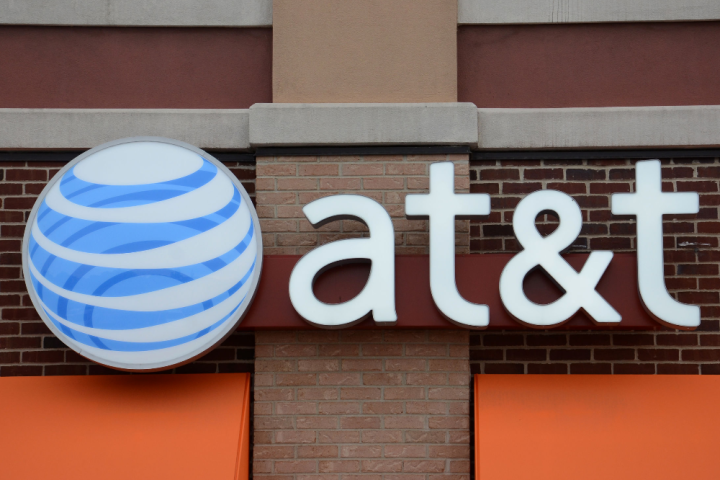
AT&T claims its 5G Evolution spec is twice as fast as its current 4G LTE network, which OpenSignal rated at about 14Mbps on average in February. The Galaxy S8 series can take advantage because it uses Qualcomm’s Snapdragon 835 chipset, which supports data transfers at up to gigabit speed.
However, calling the service 5G is a bit misleading. The
In other words, what AT&T is calling 5G Evolution is indeed an upgrade over existing LTE, but it is not even close to what true
Again, it is still faster, but it is not 5G. In fact, it is a lot like how AT&T, T-Mobile, and Sprint were marketing technologies like HSPA+ and WiMax — iterations upon the 3G standard — as 4G, well before LTE was ever introduced. Never mind the fact that LTE still does not reach the initial agreed-upon standard for 4G.
While AT&T customers in Austin will be the first to receive 5G Evolution, the carrier says it expects to roll the service out to cities including Indianapolis, Atlanta, Boston, Chicago, Los Angeles, San Francisco, and Nashville, Tennessee next. By then, it is possible another phone featuring the Snapdragon 835, or an even more powerful system-on-chip with support for faster data speeds, will also launch to take advantage of AT&T’s improvements.
Editors' Recommendations
- Visible’s affordable 5G plans just got even cheaper
- 5 phones you should buy instead of the Samsung Galaxy S24
- How fast is 5G? What you need to know about 5G speeds
- Your next phone could get a huge 5G upgrade, thanks to AI
- This tiny dongle will change 5G connectivity forever


